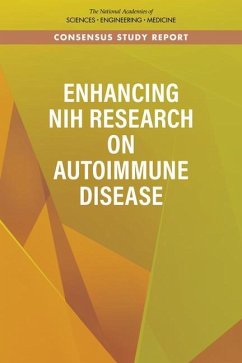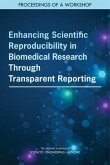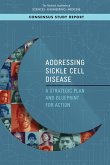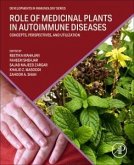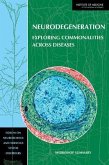"Autoimmune diseases occur when the body's immune system malfunctions and mistakenly attacks healthy cells, tissues, and organs. Strong data on the incidence and prevalence of autoimmune diseases are limited, but a 2009 study estimated the prevalence of autoimmune diseases in the U.S. to be 7.6 to 9.4 percent, or 25 to 31 million people today. This estimate, however, includes only 29 autoimmune diseases, and it does not account for increases in prevalence in the last decade. By some counts, there are around 150 autoimmune diseases, which are lifelong chronic illnesses with no known cures. The National Academies of Sciences, Engineering, and Medicine was asked to assess the autoimmune disease research portfolio of the National Institutes of Health (NIH). Enhancing NIH Research on Autoimmune Disease finds that while NIH has made impressive contributions to research on autoimmune diseases, there is an absence of a strategic NIH-wide autoimmune disease research plan and a need for greater coordination across the institutes and centers to optimize opportunities for collaboration. To meet these challenges, this report calls for the creation of an Office of Autoimmune Disease/Autoimmunity Research in the Office of the Director of NIH. The Office could facilitate NIH-wide collaboration, and engage in prioritizing, budgeting, and evaluating research. Enhancing NIH Research on Autoimmune Disease also calls for the establishment of long term systems to collect epidemiologic and surveillance data and long term studies (20+ years) to study disease across the life course. Finally, the report provides an agenda that highlights research needs that crosscut many autoimmune diseases, such as understanding the effect of environmental factors in initiating disease"--
Hinweis: Dieser Artikel kann nur an eine deutsche Lieferadresse ausgeliefert werden.
Hinweis: Dieser Artikel kann nur an eine deutsche Lieferadresse ausgeliefert werden.

